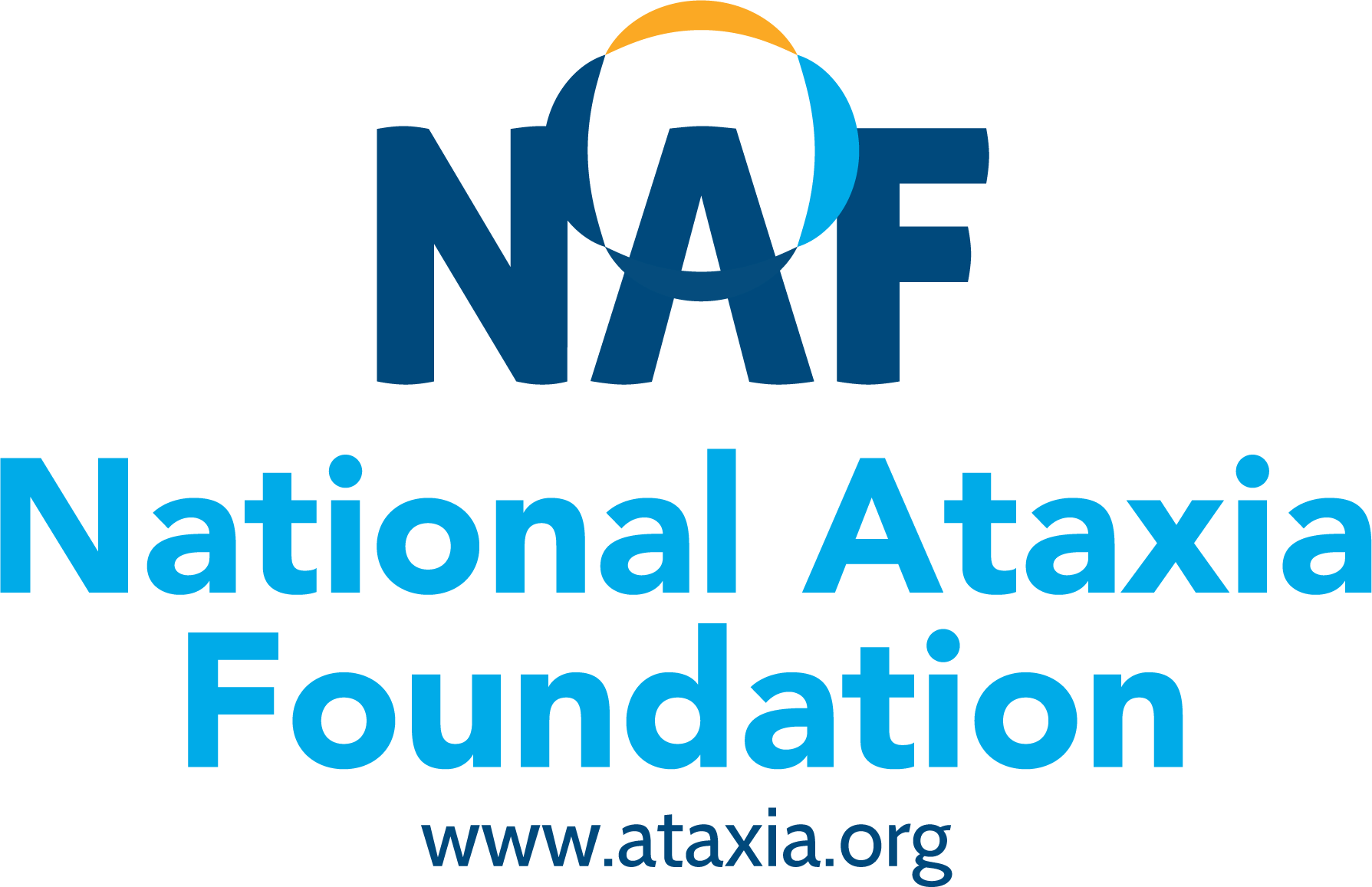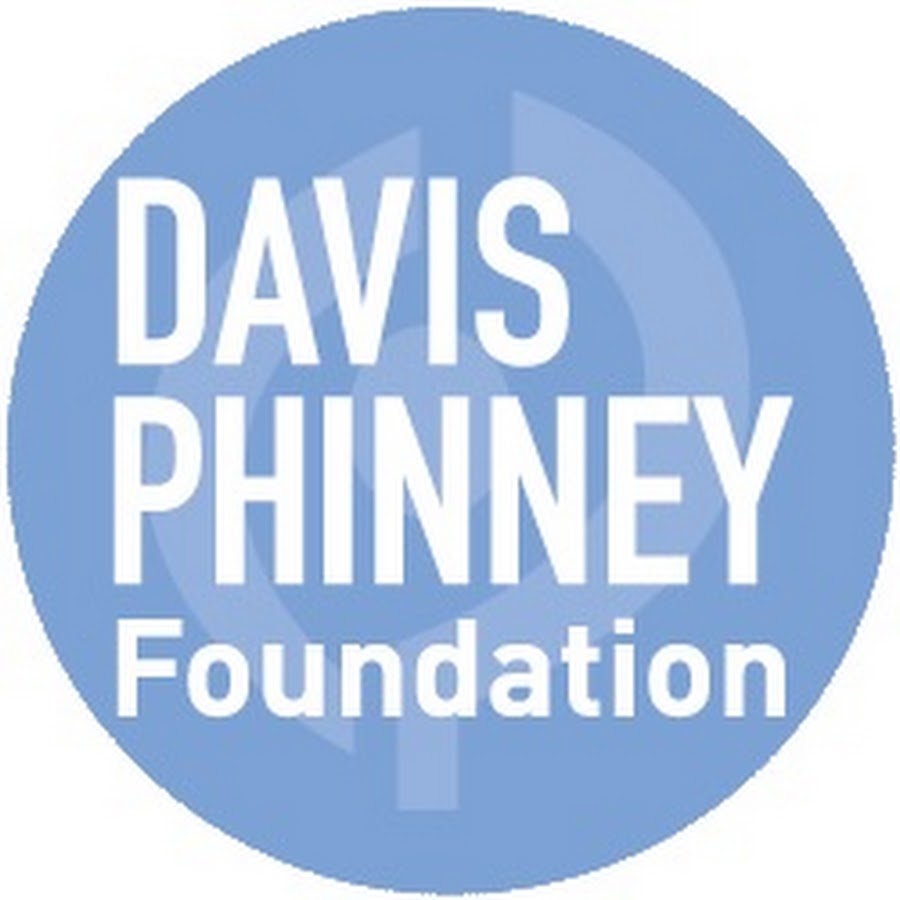MOVEMENT DISORDERS RESEARCH
The University of Colorado Movement Disorders Center (MDC) is a nationally recognized center for specialty care for those with movement disorders. The center is recognized as a Huntington’s Disease Society of America Center of Excellence and a Parkinson’s Foundation Center of Excellence. The mission of the MDC is to excel in providing world-class clinical care, conduct cutting-edge research, serve as a leader in educating professionals, and serve as a regional leader in community involvement.
Actively Enrolling Studies
Get Connected
If you think you may be eligible for one of these studies or if you would like more information, please fill out our Neurology Research Interest Web Form or contact us at N[email protected] or 303-724-4644.
Principal Investigators
Local Neurology Events
No events currently scheduled.
Further Resources

Ataxia Help develop new Treatments
Our mission: to accelerate the development of treatments and a cure while working to improve the lives of those living with Ataxia.
.png?sfvrsn=92419aba_0)
Friedreich’s Ataxia Research Alliance
Friedreich’s Ataxia Research Alliance mission is to marshal and focus the resources and relationships needed to cure FA by raising funds for research, promoting public awareness, and aligning scientists, patients, clinicians, government agencies, pharmaceutical companies and other organizations dedicated to curing FA and related diseases.

Benign Essential Blepharospasm Research Foundation
The Mission of the BEBRF is to fund and promote medical research in the search for the cause, treatments, and a cure of blepharospasm, Meige, and other related disorders of the facialmusculature, to provide support, education, and referrals to persons with these disorders, and to disseminate information and serve as an authoritative resource to the medical community and the general public.

Dystonia Medical Research Foundation
The mission of the DMRF is to advance research for more treatments and ultimately a cure, to promote awareness and education, and to support the needs and well being of affected individuals and families.

International Essential Tremor Foundation
The mission of the International Essential Tremor Foundation is to provide hope to the essential tremor (ET) community worldwide through awareness, education, support and research.

Michael J. Fox Foundation
The Michael J. Fox Foundation is dedicated to finding a cure for Parkinson's disease through an aggressively funded research agenda and to ensuring the development of improved therapies for those living with Parkinson's today.

Parkinson's Foundation
The Parkinson's Foundation makes life better for people with Parkinson’s disease by improving care and advancing research toward a cure. In everything we do, we build on the energy, experience and passion of our global Parkinson's community.

Davis Phinney Foundation
Our Parkinson’s research program is uniquely focused on improving quality of life. Annually, we partner with leading researchers and institutions to fund quality of life research that shows promise to help change how people live with Parkinson’s.

American Parkinson Disease Association (Español)
The APDA is the largest grassroots network dedicated to fighting Parkinson’s disease (PD) and works tirelessly to help the approximately one million with PD in the United States live life to the fullest in the face of this chronic, neurological disorder.








